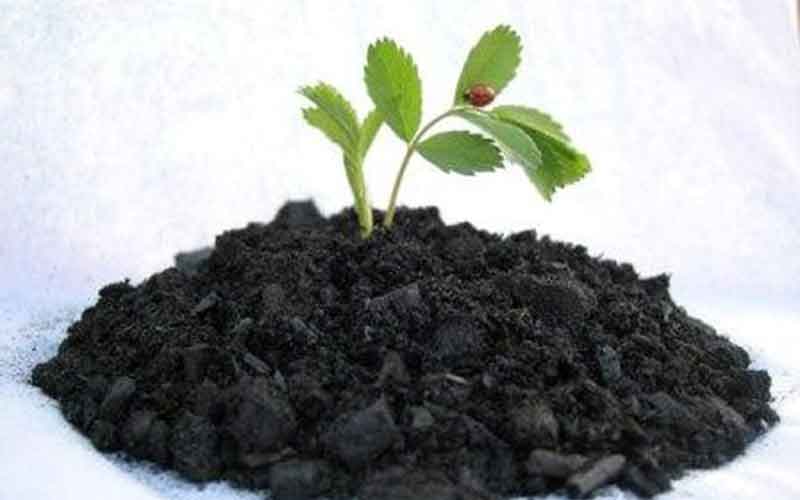
Composting?
Composting?
Nowadays, agricultural production has become a focus of attention not only at the national level but also on a global scale. Agricultural production in Vietnam contributes 24% to GDP, 30% to export volume, and creates jobs for 60% of the country’s workforce. However, it is clear that agricultural production has not been given due attention to environmental protection. Clean agricultural production and the improvement of the quality of agricultural products to ensure food safety and environmental friendliness are the goals of the agricultural sector in general and farmers in particular. One effective measure to achieve clean agricultural production is the widespread application of biological products and the use of organic microbial fertilizers to replace plant protection chemicals and chemical fertilizers that have negative impacts on the environment. What is microbial fertilizer?


 Tiếng Việt
Tiếng Việt


